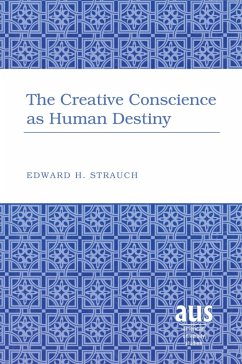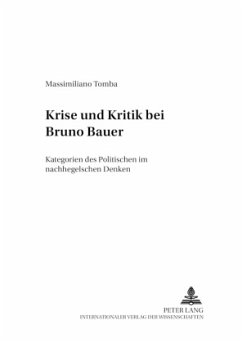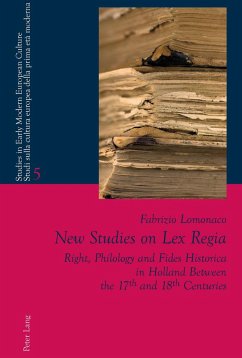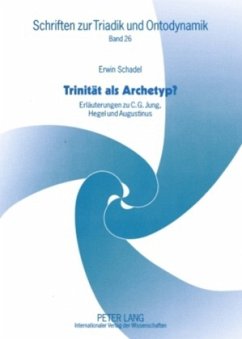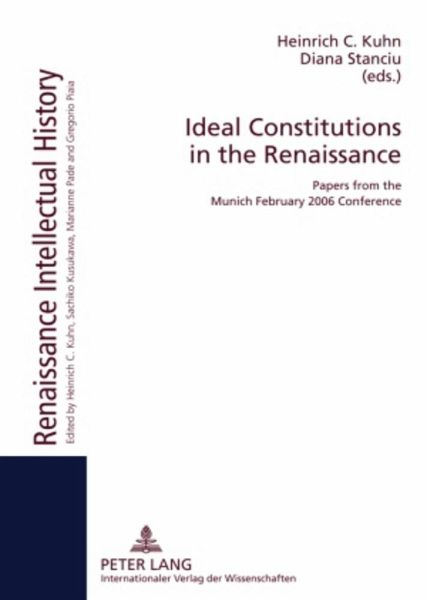
Ideal Constitutions in the Renaissance
Papers from the Munich February 2006 Conference
Herausgegeben: Kuhn, Heinrich C.; Stanciu, Diana
Versandkostenfrei!
Versandfertig in 6-10 Tagen
68,95 €
inkl. MwSt.

PAYBACK Punkte
0 °P sammeln!
This volume contains nine papers on various texts and aspects concerning discussions of ideal constitutions in the renaissance, dealing with the various genres of texts used for these discussions, their contexts, and the themes and aspects these constitutions and discussions have in common and in which they differ. The papers deal with some of the more famous texts and authors from the period (e.g. Machiavelli, Morus, Harrington) as well as with traditionally less frequently studied authors and texts in this context (including i.a. texts by Donato Gianoti, Justus Lipsius, and Laurentius Paulin...
This volume contains nine papers on various texts and aspects concerning discussions of ideal constitutions in the renaissance, dealing with the various genres of texts used for these discussions, their contexts, and the themes and aspects these constitutions and discussions have in common and in which they differ. The papers deal with some of the more famous texts and authors from the period (e.g. Machiavelli, Morus, Harrington) as well as with traditionally less frequently studied authors and texts in this context (including i.a. texts by Donato Gianoti, Justus Lipsius, and Laurentius Paulinus Gothus). This collection of essays is the result of an interdisciplinary Munich 2006 conference.




